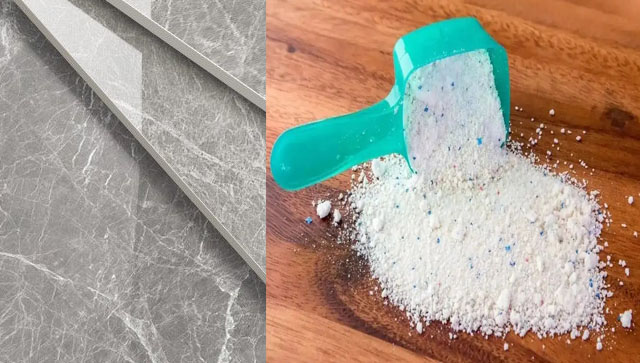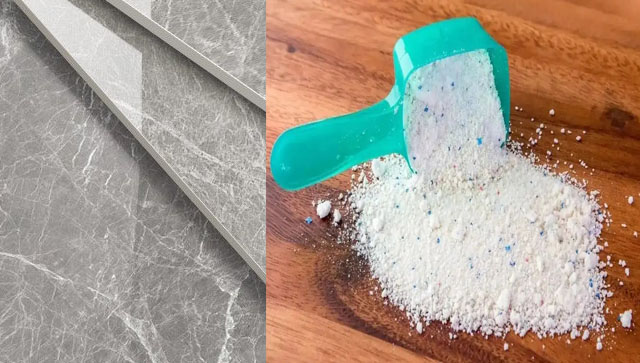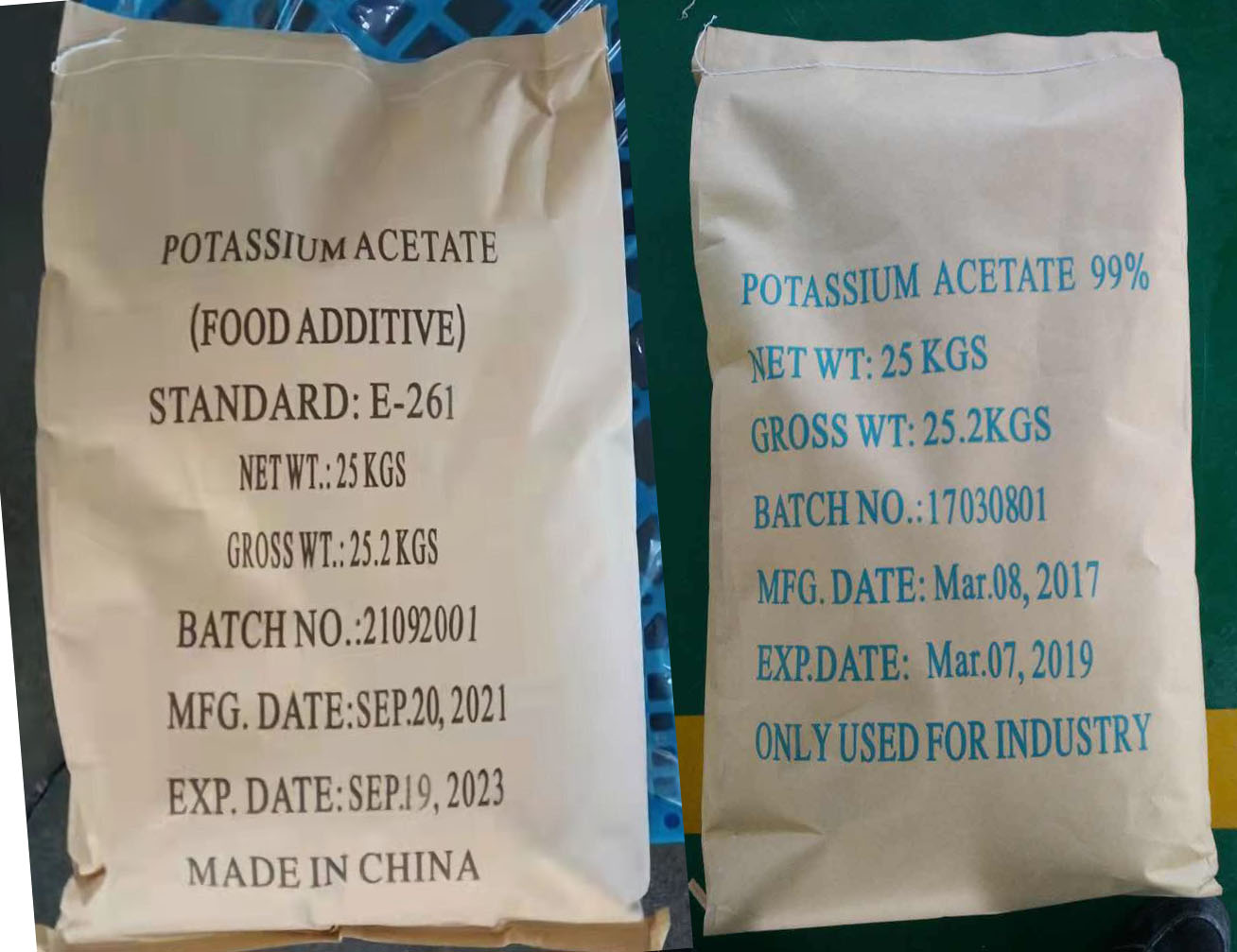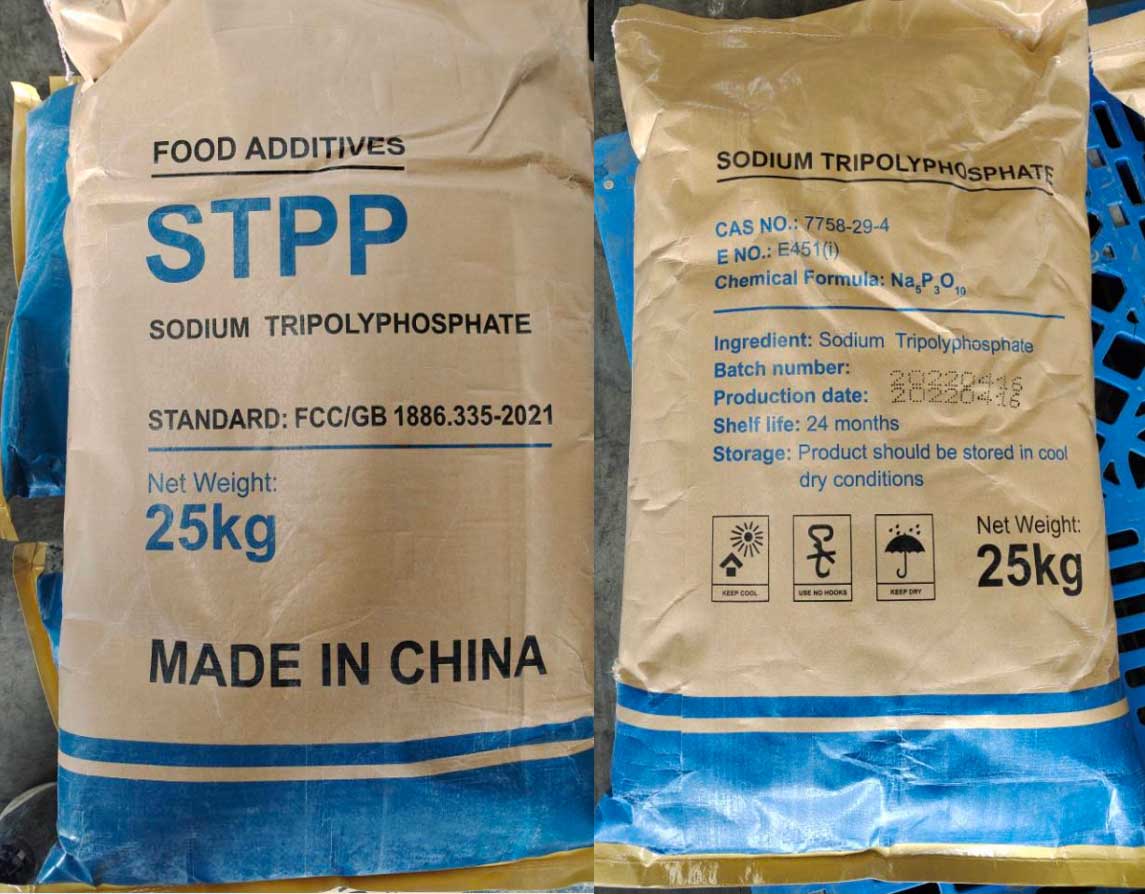Introduction
Potassium carbonate (K₂CO₃) is a white, odorless, and hygroscopic powder that is widely used in various industries. It is an inorganic compound with the chemical formula K₂CO₃ and is commonly known as potash or pearl ash. This versatile compound has a long history of use, dating back to ancient times when it was extracted from wood ashes. Today, potassium carbonate is produced through more sophisticated methods and is essential in numerous industrial processes.
Properties of Potassium Carbonate
Potassium carbonate is a basic salt, meaning it can react with acids to form carbon dioxide and water. It is highly soluble in water, forming a strongly alkaline solution. The solubility of potassium carbonate increases significantly with temperature. At room temperature, it dissolves at a rate of about 112 grams per 100 milliliters of water. When heated, it decomposes to form potassium oxide (K₂O) and carbon dioxide (CO₂).
The molecular weight of potassium carbonate is 138.21 g/mol. It has a melting point of 891°C and a boiling point of 2400°C. The compound is stable under normal conditions but can be corrosive and should be handled with care. It is not flammable but can react violently with strong acids, producing heat and toxic fumes.
Production of Potassium Carbonate
There are several methods for producing potassium carbonate, but the most common industrial method involves the reaction of potassium hydroxide (KOH) with carbon dioxide (CO₂). The process can be summarized by the following chemical equation:
\[ 2KOH + CO₂ \rightarrow K₂CO₃ + H₂O \]
In this process, potassium hydroxide is dissolved in water, and carbon dioxide gas is bubbled through the solution. The resulting potassium carbonate precipitates out of the solution and is then filtered, dried, and packaged for use.
Another method involves the extraction of potassium carbonate from natural sources such as potash ores. These ores are typically rich in potassium compounds and are processed through a series of steps, including crushing, leaching, and purification, to isolate the potassium carbonate.
Industrial Applications of Potassium Carbonate
Potassium carbonate has a wide range of applications across various industries, including food, glass, pharmaceuticals, and agriculture. Below are some of the key applications:
Food Industry
In the food industry, potassium carbonate is used as a leavening agent, pH regulator, and flavor enhancer. It is often added to baked goods, such as cakes and cookies, to help them rise. Additionally, it is used in the production of soft drinks and other beverages to provide a slightly alkaline pH, which can enhance the flavor and stability of the product.
Glass Manufacturing
Potassium carbonate is a crucial component in the production of certain types of glass, particularly optical and specialty glasses. It is used as a flux to lower the melting point of the glass mixture, making it easier to work with and shape. The addition of potassium carbonate also improves the durability and clarity of the glass.
Pharmaceutical Industry
In the pharmaceutical industry, potassium carbonate is used as a buffering agent and as a source of potassium in various medications. It helps to maintain the pH of solutions and can be found in antacids, laxatives, and other over-the-counter and prescription drugs.
Agriculture
Potassium carbonate is used as a fertilizer in agriculture. It provides plants with the essential nutrient potassium, which is necessary for growth and development. It is particularly useful for crops that require high levels of potassium, such as potatoes, tomatoes, and citrus fruits. Additionally, it can be used to neutralize acidic soils, improving the overall soil quality and crop yield.
Textile Industry
In the textile industry, potassium carbonate is used as a dye fixative and as a scouring agent. It helps to remove impurities from fabrics and ensures that dyes adhere properly to the fibers. This results in more vibrant and long-lasting colors in textiles.
Cleaning Products
Potassium carbonate is a common ingredient in cleaning products, particularly in detergents and degreasers. Its alkaline properties make it effective at breaking down and removing grease, oil, and other stubborn stains. It is also used in the production of soaps and other household cleaners.
Other Applications
Potassium carbonate has several other applications, including:
- Water Treatment: It is used to adjust the pH of water in treatment plants.
- Metal Finishing: It is used in the electroplating and metal finishing processes to clean and prepare surfaces.
- Fire Extinguishers: It is used in dry powder fire extinguishers, where it reacts with the fire to produce a non-flammable residue.
Safety and Handling
While potassium carbonate




